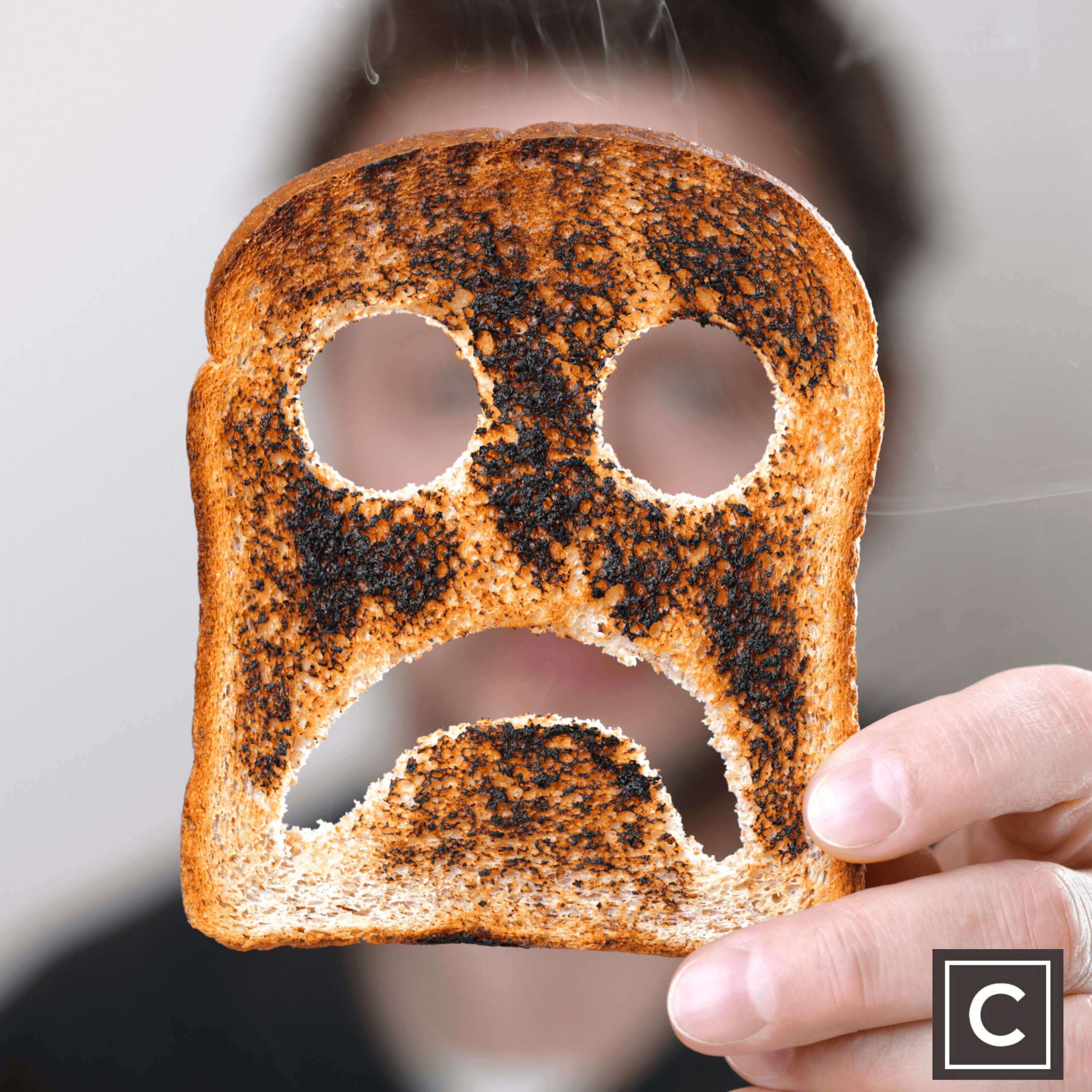Understanding Acrylamide: What You Need to Know
Posted by Stelios on 21st Jul 2023 Reading Time:
Acrylamide is a natural chemical that forms when we cook starchy foods like bread and potatoes at high temperatures for a long time. When we fry, bake, roast, toast, or grill these foods above 120°C, acrylamide naturally develops. This chemical enhances the texture and taste of our favourite dishes.
While acrylamide is found naturally in food and has always been there, some concerns have arisen about its potential health effects. We encounter acrylamide in our daily lives through activities like smoking, exposure to secondhand smoke, and using certain personal care and household products.
Researchers discovered acrylamide in food in 2002, including common items like baked goods and coffee. It's believed that acrylamide forms during the cooking process through something called the Maillard reaction, which happens when sugars and amino acids are heated above 120°C.
Is Acrylamide Harmful?
Acrylamide can indeed be harmful, but the dose matters, as is often the case with nutrition. Exposure to very high levels of acrylamide in the workplace can lead to nerve damage and nervous system disorders. Animal studies have also shown that eating acrylamide can cause cancer. However, the doses given to animals in these studies were 1000 to 100,000 times higher than what humans typically get from their diet.
Moreover, humans metabolise acrylamide differently, resulting in a lower dose of the chemical in our bodies after consumption. There have been limited human studies on the safety of acrylamide in food, and the findings have been inconsistent.
Tips to Reduce Acrylamide:
- Opt for a stable oil high in saturated fat and keep it well-filtered and in good condition.
- Ensure your potatoes are fresh and well-preserved in a cool, dark environment. Avoid exposing them to cold temperatures.
- When peeling and chipping potatoes, make sure to thoroughly remove excess starch.
- Maintain clean pans and practice good oil management to create better cooking conditions.
In Conclusion
There is no evidence to suggest that small amounts of dietary acrylamide cause harm. It's essential to remember that acrylamide has likely been present in cooked food since humans started using high-temperature cooking methods, even though it was only discovered relatively recently in our food.
By being mindful of cooking practices and making small adjustments, we can reduce acrylamide exposure and continue enjoying our favourite foods without worry.




